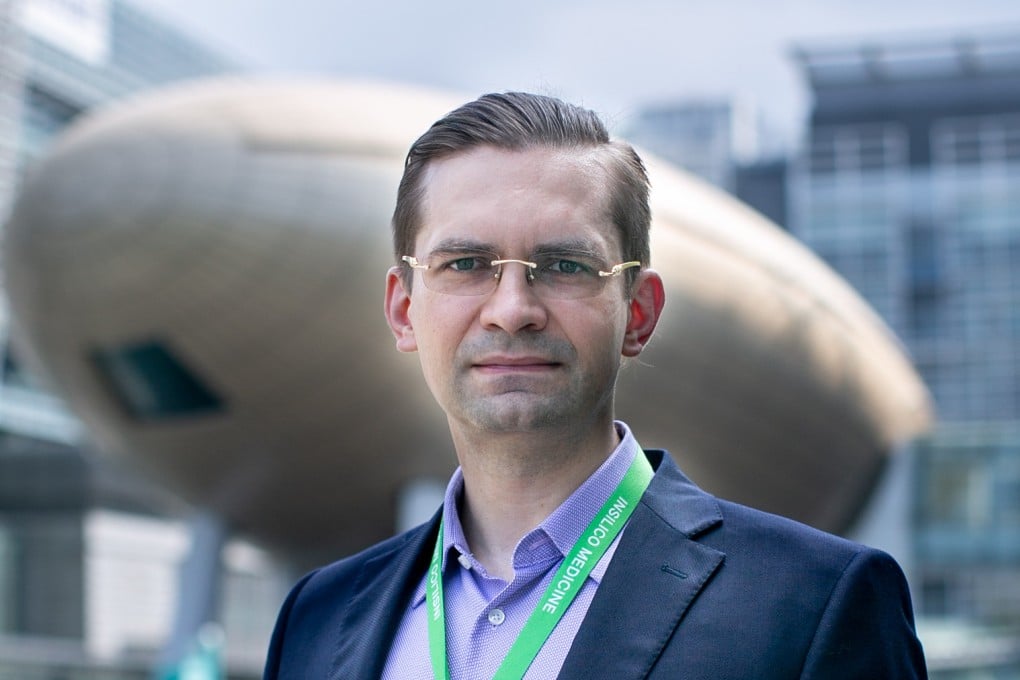What is your psychological age? Free online test from Hong Kong-based longevity firm gives answers and tips
- FuturSelf is a psychological age calculator in which users take a 10-minute survey to determine whether their mind is younger or older than their actual age
- Alex Zhavoronkov, founder of Deep Longevity, which developed the calculator, hopes it will help millions of people around the world live longer, happier lives

Alex Zhavoronkov wants to live to be 120 – which is what you might expect of someone whose business card reads “Chief Longevity Officer”.
Reaching “120 is likely achievable”, says 43-year-old Zhavoronkov, founder of Hong Kong-based longevity tech company Deep Longevity, via phone from Shanghai, where he’s just emerged from quarantine.
“People compete on how fast they can run, how much money they make, but no one is competing on longevity. If you don’t challenge yourself, you won’t live long, but if you set ambitious but achievable goals you can do it.”
Basically, what you are doing is identifying those wrinkles in your psychology
In 2017, British billionaire investor Jim Mellon invested in one of Zhavoronkov’s companies, Insilico Medicine, a big-data analytics firm applying deep learning techniques to drug discovery and ageing research.
Deep Longevity is a spin-out from Insilico.